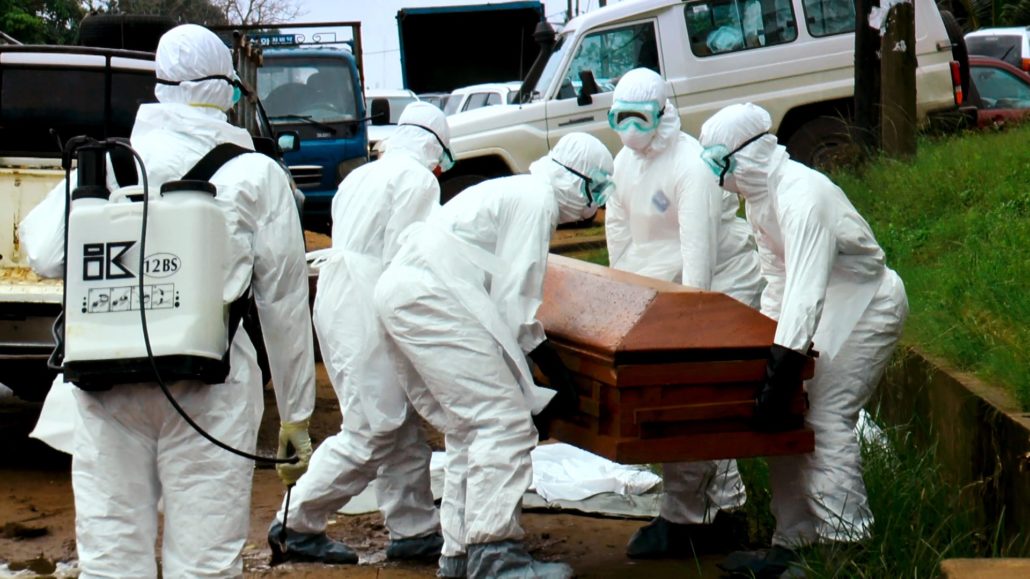As part of the After the End of Disease conference, The Reluctant Internationalists and the Birkbeck Institute for Humanities are proud to present In the Shadow of Ebola, a film by historian of medicine Gregg Mitman and filmmaker Sarita Siegel on May 25 at Birkbeck Cinema. The film screening will be followed by a panel discussion with the participation of the directors of the film and Jessica Reinisch (Birkbeck), Patricia Kingori (Oxford) and Karen Wells (Birkbeck). The event will be free and open to the public.
Time: May 25, 18:00-20:00
Place: Birkbeck Cinema, 43 Gordon Square, London
Tickets: register for your free tickets here.
For more information on the After the End of Disease conference, see website.
In the Shadow of Ebola is the gripping story of a Liberian family kept apart by the Ebola outbreak in a nation still reeling from the chaos of civil war. We follow a Liberian student and his family living divided between the United States and Liberia. As the crisis unfolds, loved ones are isolated in Monrovia where the government is shut down, schools and markets are closed, and food prices are rising.
Liberians find themselves fighting an invisible war that is painfully reminiscent of the chaos and confusion of the fourteen-year Liberian civil war, which ended a mere decade ago. When the Liberian government responds to the crisis initially with military-enforced quarantines and curfews, mistrust and anger among Monrovia’s residents grow.
As the death toll from Ebola climbs, and a quarantine results in the shooting and death of a 15-year old boy, mistrust and disbelief are replaced by compassion and inner resolve to combat the spread of the virus. With international aid slow to arrive, Liberians turn to each other for help, as healthcare workers, musicians, and artists join forces on the front lines in public health education campaigns. The steps toward community empowerment and action help to build trust and stabilize the number of new Ebola cases. But the ripple effects—food insecurity, overwhelmed medical infrastructure, and economic isolation—endure.

